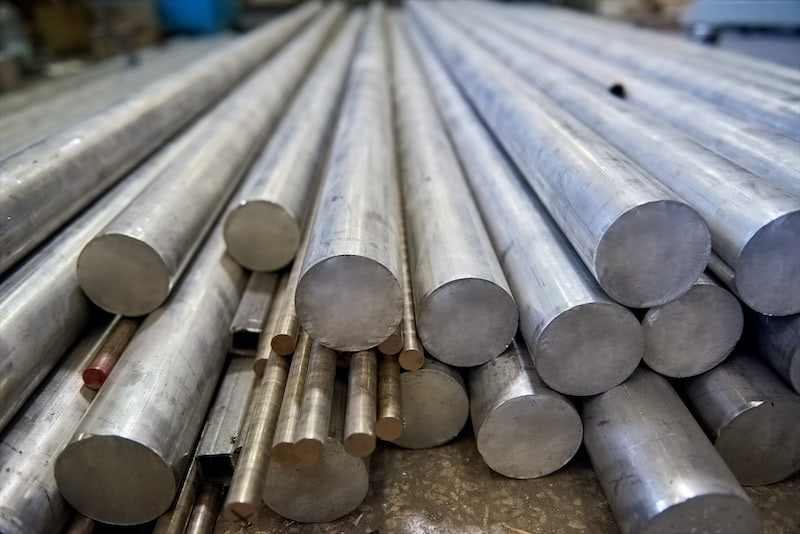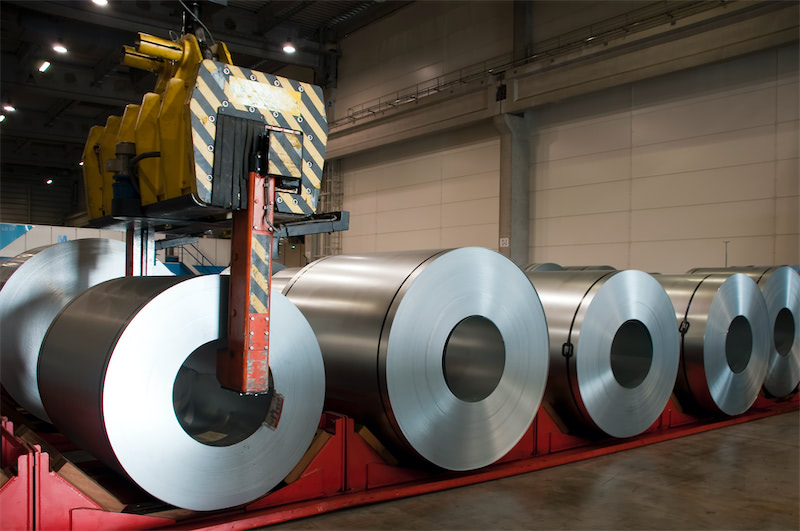According to media reports citing sources, during trade negotiations with the US, India proposed a mutual tariff exemption scheme for steel, auto parts, and pharmaceutical products, but only for a certain volume of imports.
Sources familiar with the matter said that industrial products imported beyond a certain volume threshold would revert to normal tariff levels. This proposal was made by Indian trade officials during their visit to Washington at the end of last month to expedite negotiations on a bilateral trade agreement, which is expected to be reached this autumn.
It is understood that the US and India are prioritizing consultations on some key industries, aiming to reach a preliminary trade agreement before the end of the 90-day suspension period of the "reciprocal tariff" imposed by US President Trump.
In early April, Trump announced that reciprocal tariffs would be imposed on more than 180 trading partners, with India facing a 26% tariff rate. However, Trump soon announced a 90-day tariff "suspension period" for most countries, temporarily shelving the additional reciprocal tariffs, but still imposing a 10% benchmark tariff.
US Treasury Secretary Bessent said last week that India may be one of the first countries to sign a trade agreement with the US.
Trump said last Sunday that some trade agreements could be finalised as early as this week. Asian economies, including South Korea, Japan, and India, are actively engaging with the US to take the lead in reaching provisional agreements.
Sources also said that the US has asked India to address its concerns about the "Quality Control Orders" (QCO), which the US believes constitute non-tariff barriers to its exports.
The QCO requires local and foreign manufacturers to meet mandatory quality standards before entering the Indian market, but these regulations have been criticized for lacking transparency and fairness.
India is willing to revisit its existing QCO system in industries such as medical devices and chemicals and has proposed signing a "Mutual Recognition Agreement" with the US to achieve mutual recognition of regulatory standards and enforcement rules between the two countries.
It is not yet clear whether the above proposals will be included in the final agreement.
It is worth mentioning that, according to previous media reports, India had considered eliminating import taxes on US liquefied natural gas (LNG) to expand procurement and help reduce its trade surplus with the US.
Last year, India's total trade surplus with the US reached $45.4 billion.
![Before the holiday, the black chain is unlikely to see a trend-driven market [SMM Steel Industry Chain Weekly Report].](https://imgqn.smm.cn/usercenter/zUFfM20251217171748.jpg)

![[SMM Chromium Daily Review] Inquiries and Transactions Weakened, Chromium Market Showed Mediocre Performance Before the Holiday](https://imgqn.smm.cn/usercenter/ENDOs20251217171718.jpg)
